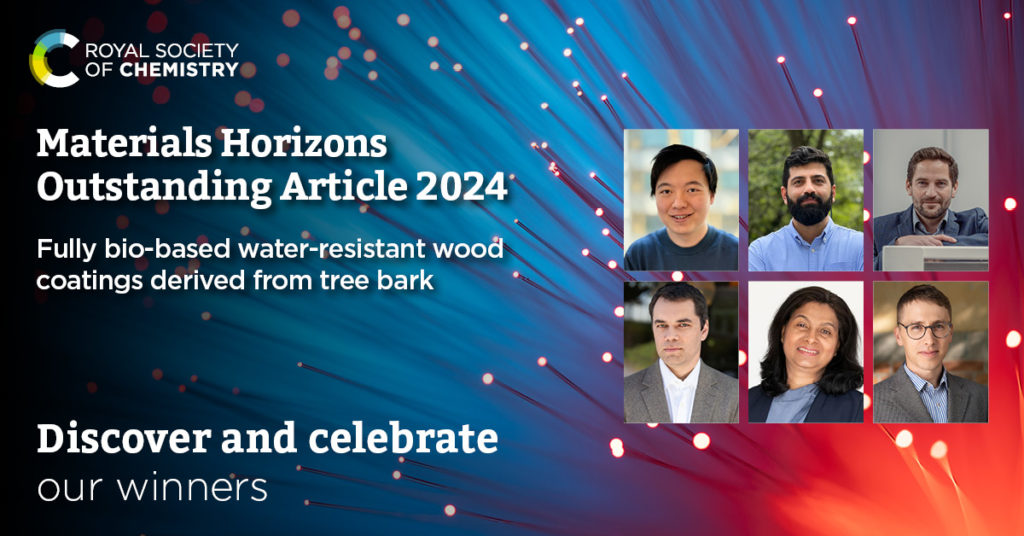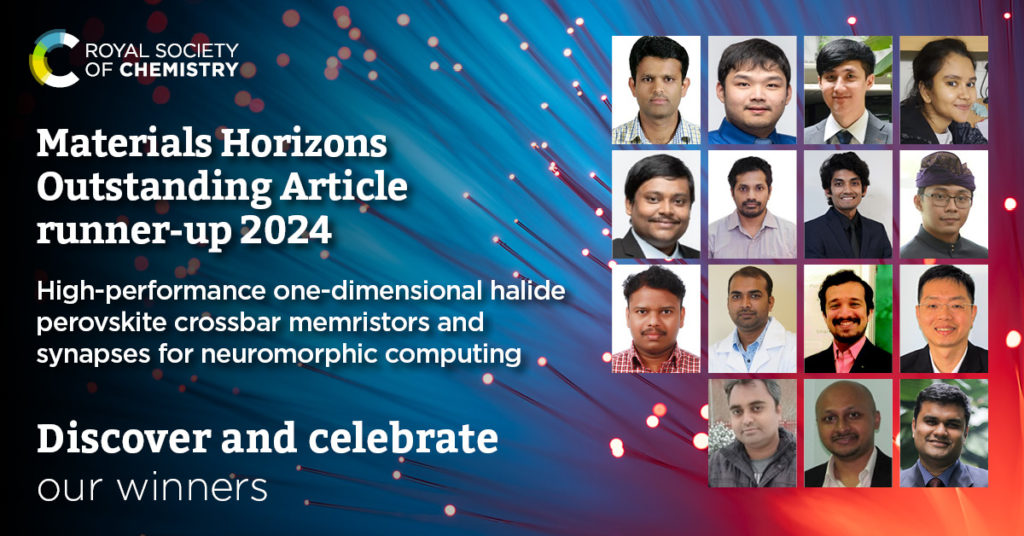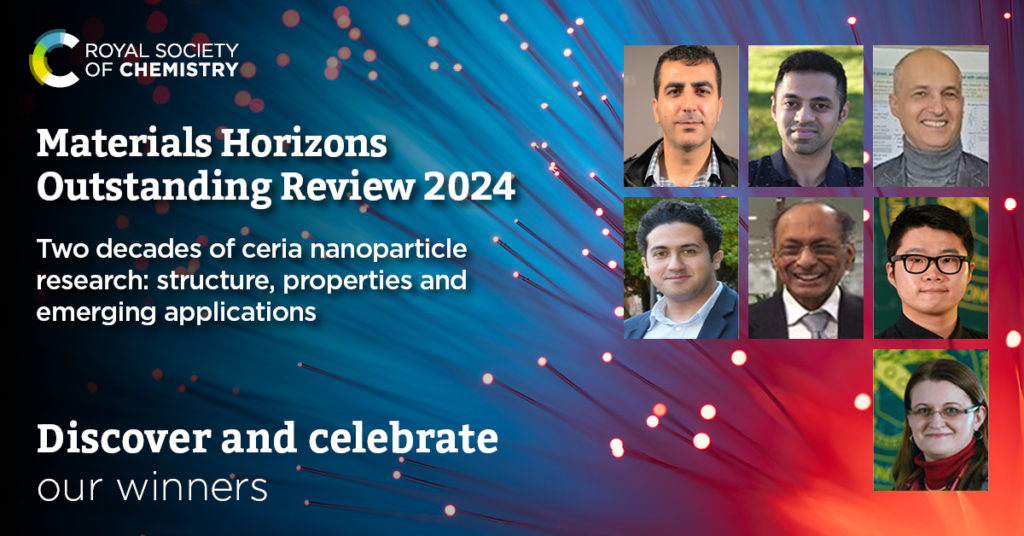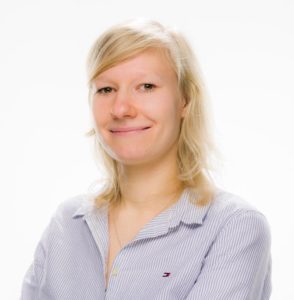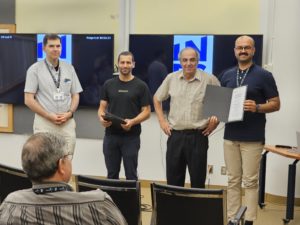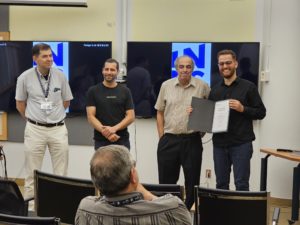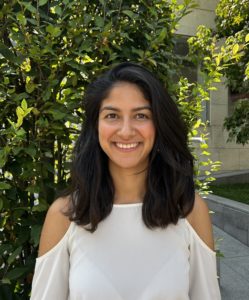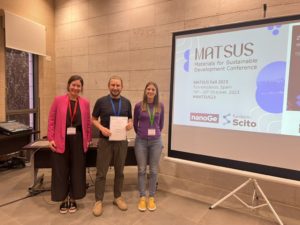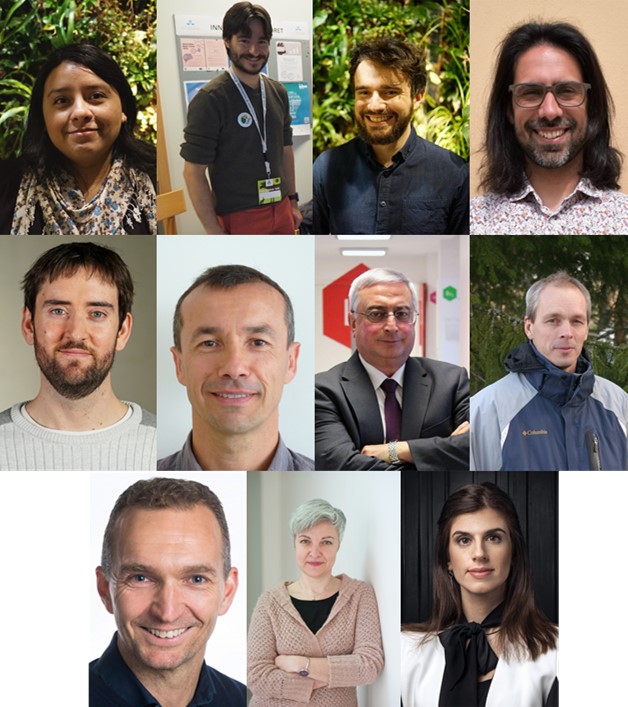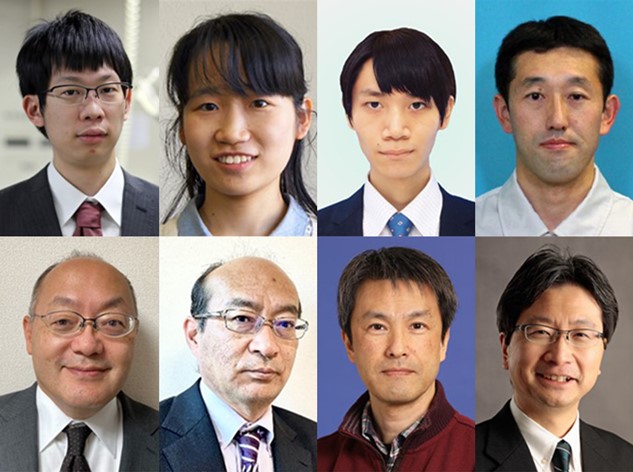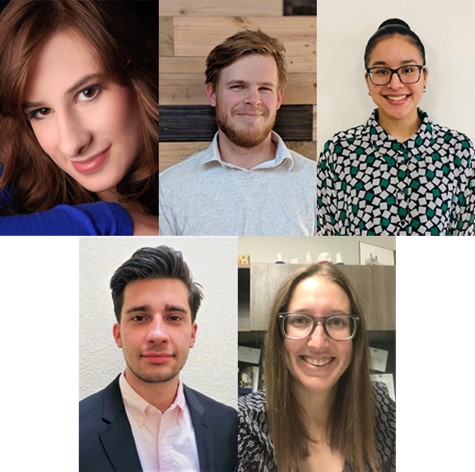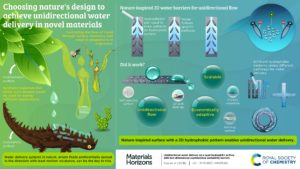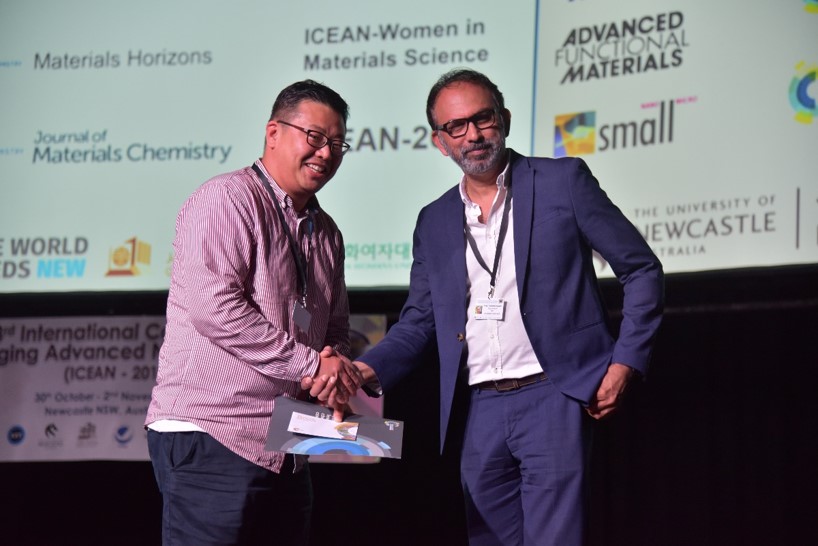Materials Horizons is delighted to announce our 2024 Outstanding Paper Award winners! 🎉
In order to recognize some of the outstanding work published in the journal, as well as the authors behind those articles, we annually award a Materials Horizons Outstanding Paper Award. The prizes recognise the contributions of all authors and celebrate these exceptional publications.
Each year, we look back at the exceptionally high quality and innovative materials science published during the previous calendar year and put together a shortlist of articles based on a variety of metrics including article downloads, Altmetric score, citations and reviewer comments. The shortlist is reviewed by the journal’s Editorial and Advisory Board members based on the science presented and its potential future impact.
We are pleased to announce our 2024 Outstanding Communication winners, Outstanding Communication Runners-up and our Outstanding Review winners below 👇
Materials Horizons Outstanding Paper Award – Communication winner:
Fully bio-based water-resistant wood coatings derived from tree bark
Fengyang Wang, Mohammad Morsali, Jānis Rižikovs, Ievgen Pylypchuk, Aji P. Mathew and Mika Sipponen
https://doi.org/10.1039/D4MH01010H
Materials Horizons Outstanding Paper Award – Communication runner-up:
Sujaya Kumar Vishwanath, Benny Febriansyah, Si En Ng, Tisita Das, Jyotibdha Acharya, Rohit Abraham John, Divyam Sharma, Putu Andhita Dananjaya, Metikoti Jagadeeswararao, Naveen Tiwari, Mohit Ramesh Chandra Kulkarni, Wen Siang Lew, Sudip Chakraborty, Arindam Basuf and Nripan Mathews
https://doi.org/10.1039/D3MH02055J
Materials Horizons Outstanding Paper Award – Review winner:
Two decades of ceria nanoparticle research: structure, properties and emerging applications
Ali Othman, Akshay Gowda, Daniel Andreescu, Mohamed H. Hassan, S. V. Babu, Jihoon Seo and Silvana Andreescu
https://doi.org/10.1039/D4MH00055B
Find out more about our winners in our Editorial:
https://pubs.rsc.org/doi/D5MH90051D
Our companion journal Nanoscale Horizons #RSCNano has also announced their Outstanding Paper Awards – remember to check them out!
https://pubs.rsc.org/doi/D5NH90025E
Please join us in congratulating all our fantastic winners!


